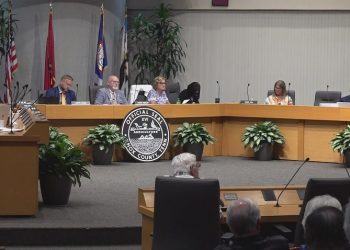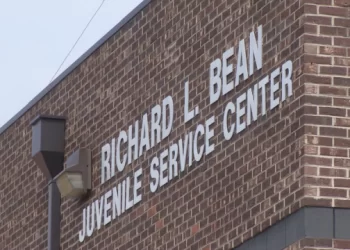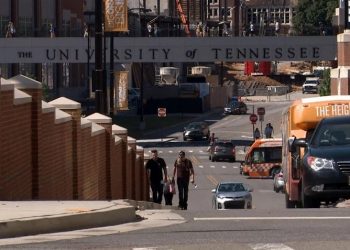Montana – A Montana State Prison guard will represent the disenfranchised prison population he oversees in the upcoming 2021 Legislative Session.
While none of the people in the prison had the ability to vote for State Rep. Gregory Frazer, R-Deer Lodge, they make up about 17% of his district’s population, according to the Prison Policy Initiative, a criminal justice think tank. This enhances the voting power of Frazer’s other constituents by giving their votes increased weight and distorts the size of his district. It also reduces the size and power of the legislative districts where the people in prison came from, and may return to after finishing their sentences.
“What makes the incarcerated population different is that they are counted in the wrong place, so it’s not that they’re counted but they remain residents of their home address,” said Alek Kajstura, legal director for the Prison Policy Initiative. “When they need constituent services they need to reach out to their home representative. So their home representative ends up with a full slate of constituents in their district plus others who are counted across the state in correctional facilities.”
The Prison Policy Initiative calls this process prison gerrymandering, because it creates an incentive to grow the prison population for political power. When redistricting committees redraw voting districts, Census rules tell them to put the prison populations where the prison is. However, this contradicts Montana State election law, which says a person does not lose residency while being kept involuntarily at a public institution, such as a prison.
State Rep. Danny Tenenbaum, D-Missoula, is working with the Prison Policy Initiative on a bill that will ask Montana’s 2020 Districting and Apportionment Commission to follow state law when drawing the boundaries of congressional and legislative districts this year. The district was previously held by Rep. Gordon Pierson, D-Deer Lodge, who lost a State Senate write-in campaign this year. When Tenenbaum first started talking about proposing the bill, his Democratic colleagues suggested not bringing the bill because they feared it would make a Democratic district more Republican.
“For me it’s a question of fairness and what’s right is right and it’s just a matter of following Montana law,” Tenenbaum said. “I don’t have any idea as to how this would affect the political balance between the two parties, and frankly I don’t really care. For me this is an issue that affects everyday Montanans. (A)s prisons grow … the towns that host them gain extra political power at the expense of everyone else.”
The new representative of this district, Frazer, said this is an issue he’s just starting to learn about. Frazer began working at the Montana State Prison in 2005. He served his first 10 years as a corrections officer and later became a mental-health technician, able to provide therapeutic services for the people in the prison. He is passionate about the need for more mental health services in prisons, he said. When he ran, he didn’t think about how the prison population would give him more power in the legislature. He just thought he could help people in his district. He doesn’t have an opinion on this issue yet.
“I do personally believe 100% in my core in its entirety, in being firm, fair and consistent across the board,” Frazer said. “That’s one of the things they teach us out at the prison. And if re-appropriating these numbers makes things more fair, then I’m all about it. If holding on to them is not the correct thing to do then we shouldn’t hold on to them.”












